
Event Details
Date: April 7-11, 2025
Location: Institute of Ionosphere, Almaty, Kazakhstan
Language: English, simultaneous translation into Russian
About the School
The intensive week-long Geoid School is aimed at training students, early-career scientists, and professionals from national agencies, universities, and research institutes by providing them with the knowledge and skills necessary for computing and applying gravimetric geoids in various scientific and technical geodetic applications. Participants will gain valuable insights into the latest advancements in geoid determination and have the opportunity to establish international collaboration and interaction with experts in gravity field modeling.
Moreover, the School emphasizes the importance of interaction between the scientific community and cartographic agencies responsible for the development and modernization of national geodetic infrastructure. This collaboration ensures the effective translation of scientific research into practical applications for the improvement of regional and local geodetic networks.
Deadline: April 7, 2025
REGISTRATIONOnce the pre-registration period has ended, a confirmation will be sent to participants via email or other contact method provided during pre-registration.
Lecturers
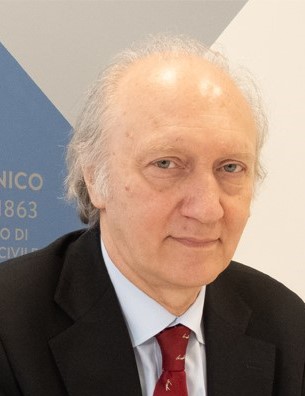
Prof. Riccardo Barzaghi
Professor Riccardo Barzaghi is a leading authority in geodesy, specializing in gravity field modeling and geoid computation. His research focuses on advanced methods for estimating and refining Earth’s gravity field, including the application of the Collocation Method and Fast Fourier Transform (FFT) techniques in geodesy. His work has significantly contributed to the development of precise geoid models and residual geoid estimation.
Professor Barzaghi played a key role in determining the official Italian geoid and currently leads the PRIN2020 project aimed at establishing Italy’s national gravity reference system. As Chair of the International Gravity Field Service and a member of the International Association of Geodesy Executive Committee, he is at the forefront of global geodetic research. At the Geoid School, Professor Barzaghi will provide in-depth knowledge on the general theory of gravity fields, residual geoid estimation, and the application of the Collocation Method and FFT in geodesy, offering participants valuable insights into state-of-the-art geoid modeling techniques.
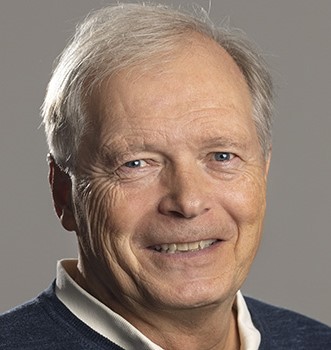
Prof. Rene Forsberg
Professor René Forsberg is a distinguished geophysicist specializing in geodesy, gravity field modeling, and geoid determination. His extensive research encompasses airborne and satellite gravimetry, with significant contributions to understanding Earth’s gravity field, particularly in polar regions. Professor Forsberg has led numerous international airborne geophysical campaigns, enhancing global geopotential models and geoid accuracy. His work is pivotal in applications such as sea-level monitoring, climate change studies, and precise positioning.
At the Geoid School, Professor Forsberg will share his extensive expertise in terrain effect computation, the remove/restore methodology, and their practical applications. His hands-on approach and practical exercises will provide participants with valuable skills for addressing real-world challenges in geoid modeling and gravity field analysis.
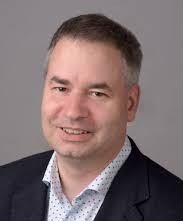
Prof. Adrian Jäggi
Professor Adrian Jäggi is a leading expert in satellite geodesy and gravity field modeling, specializing in precise satellite orbit determination and global gravity field recovery. His research leverages data from missions like GRACE, GOCE, and Swarm to improve our understanding of Earth’s dynamic systems. As Director of the Astronomical Institute at the University of Bern, Professor Jäggi has advanced methods in orbit determination and gravity estimation, particularly through pseudo-stochastic orbit modeling and the celestial mechanics approach.
At the Geoid School, he will offer valuable insights and practical exercises on global geopotential models, providing participants with hands-on experience in satellite data analysis and gravity field modeling.

Prof. Laura Sanchez
Dr. Laura Sánchez is a distinguished expert in geodesy, renowned for her work on height systems and the unification of vertical datums. As President of the Global Geodetic Observing System (GGOS) and a leading researcher at DGFI-TUM, she has made significant contributions to the development and implementation of the International Height Reference System (IHRS) and Frame (IHRF). Her extensive involvement in international geodetic initiatives focuses on improving the consistency of global height systems and advancing strategies for vertical datum unification.
Dr. Sánchez’s expertise is critical in ensuring accurate and standardized reference systems essential for geospatial and Earth science applications. At the Geoid School, Dr. Sánchez will share comprehensive insights into height system concepts and global efforts toward vertical datum unification, offering participants a deep understanding of modern geodetic frameworks.
Registration
The intensive week-long Geoid School aims to train students, early-career scientists, and professionals from national agencies, universities, and research institutes in the computation and application of gravimetric geoids for scientific and technical geodetic applications.
Deadline: Аpril 7, 2025
Attendees should have basic knowledge of the following topics:
Attendees should have basic knowledge of the following topics:
– Concepts of Physical Geodesy
– Concepts on gravimetric measurements
– Altimetric data concepts
– Concepts on calculation and use of Digital Elevation Models
– Concepts on Global Geopotential Models
Prior to school it is suggested to consider reading on of these books:
– Heiskanen, W.A. and Moritz, H. (1967) Physical Geodesy. W.H. Freeman and Company, San Francisco.
– Torge, W., & Müller, J. (2012). Geodesy. In Geodesy. From Gruyter.
Sponsoring Institutions
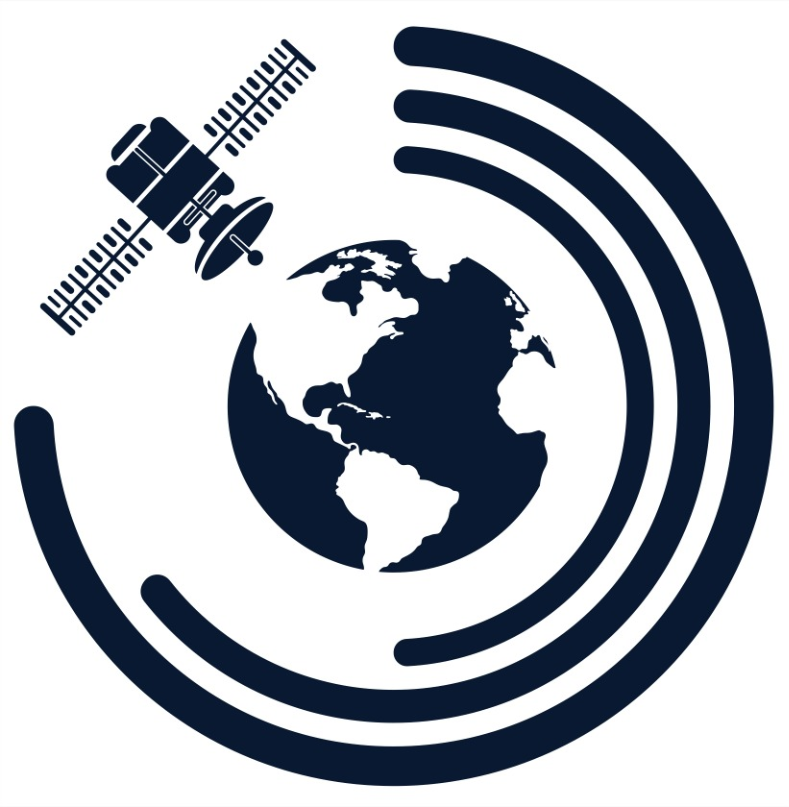
Institute of Ionosphere
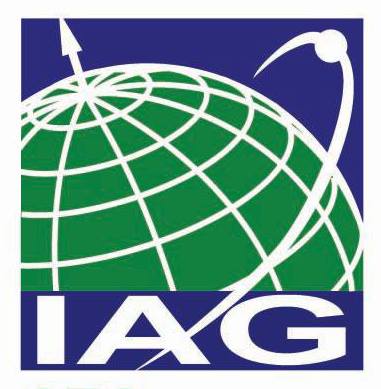
International Association of Geodesy
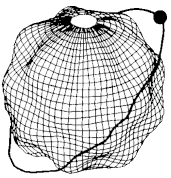
International Service for the Geoid
Event location
Details
Almaty, Kazakshstan
Conference hall «Elegant Hall»,
Hotel Kazakhstan Almaty,
Dostyk Avenue, 52/2, 2nd floor;
Entrance from Zenkov Street